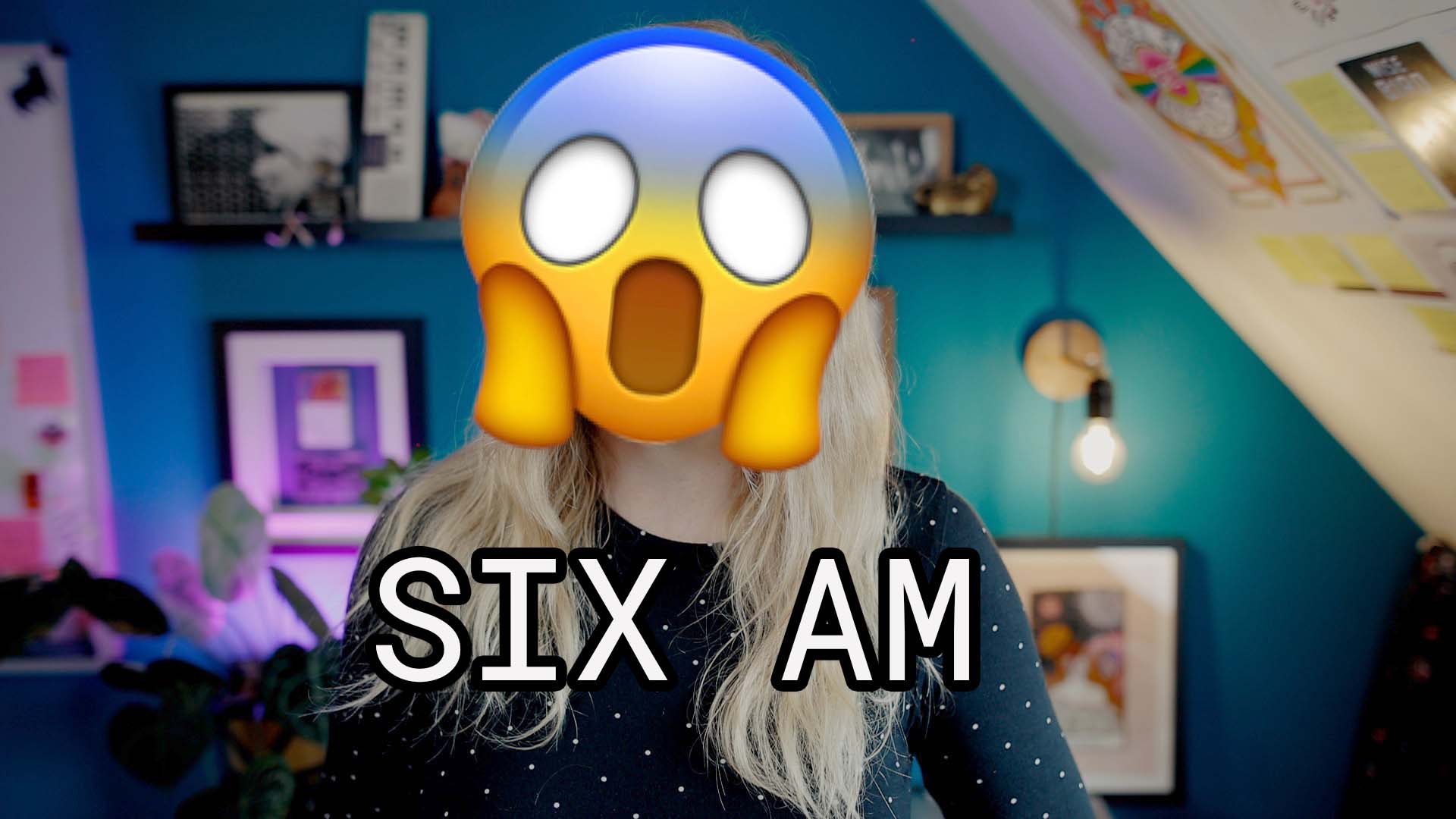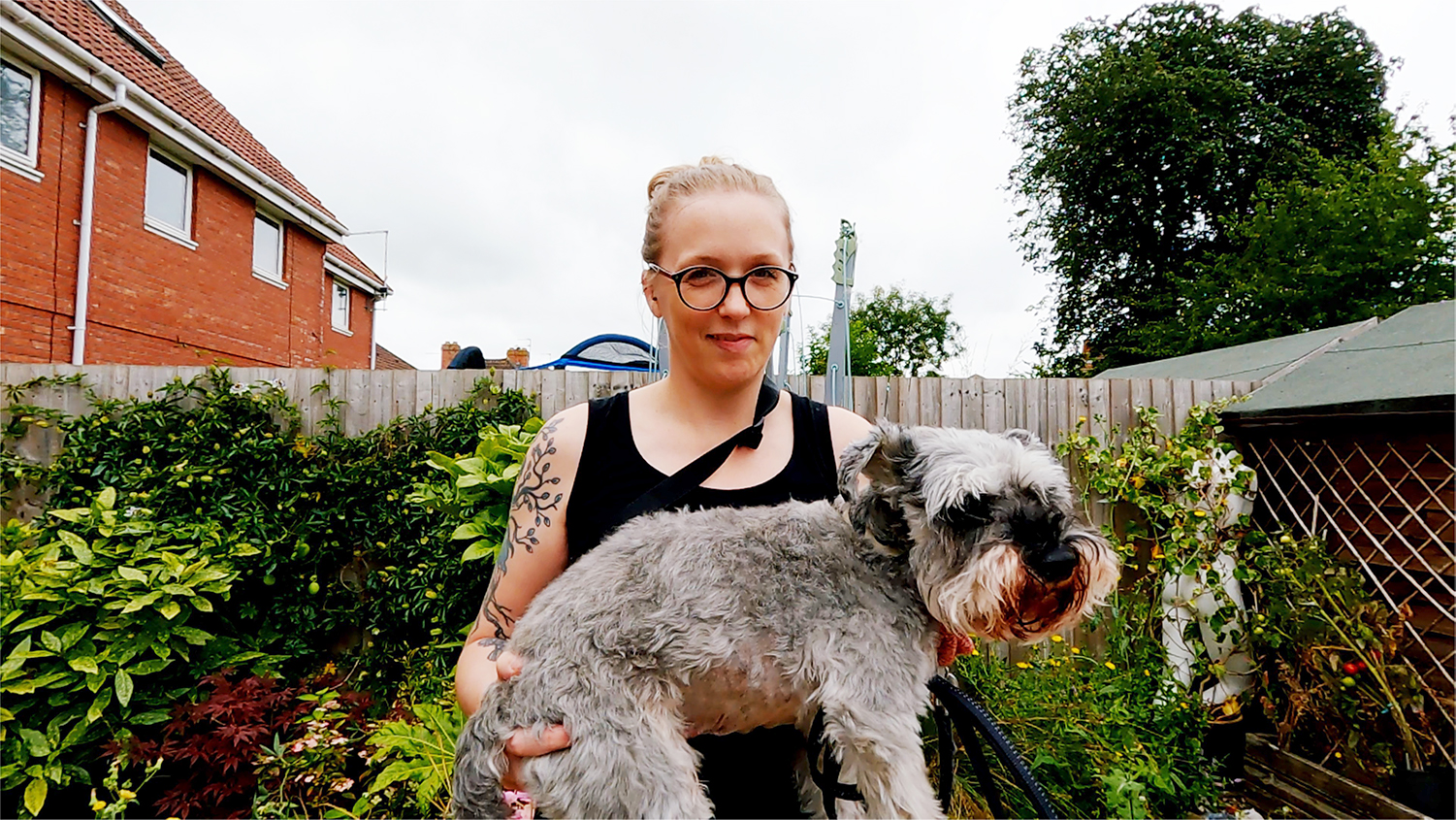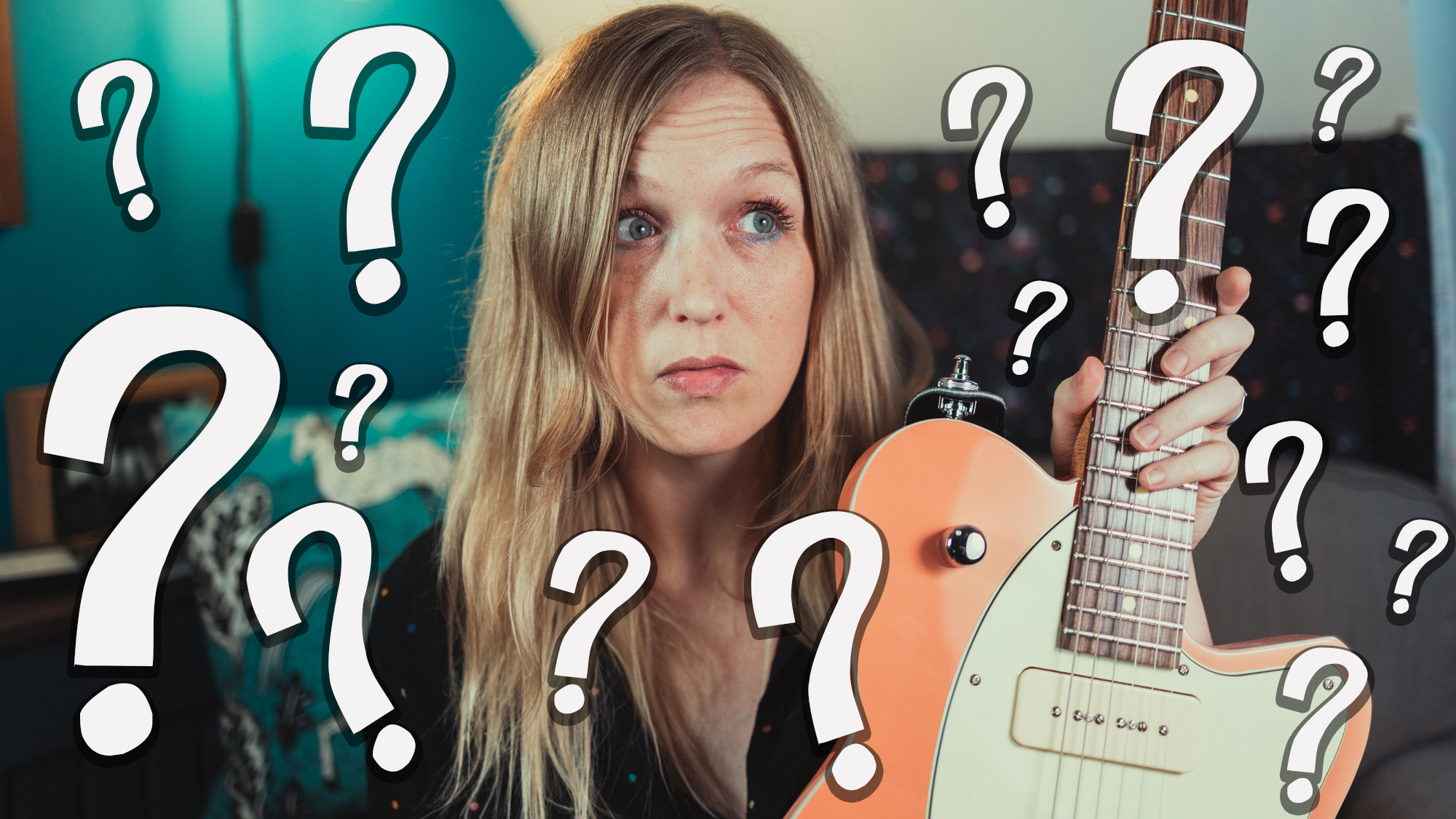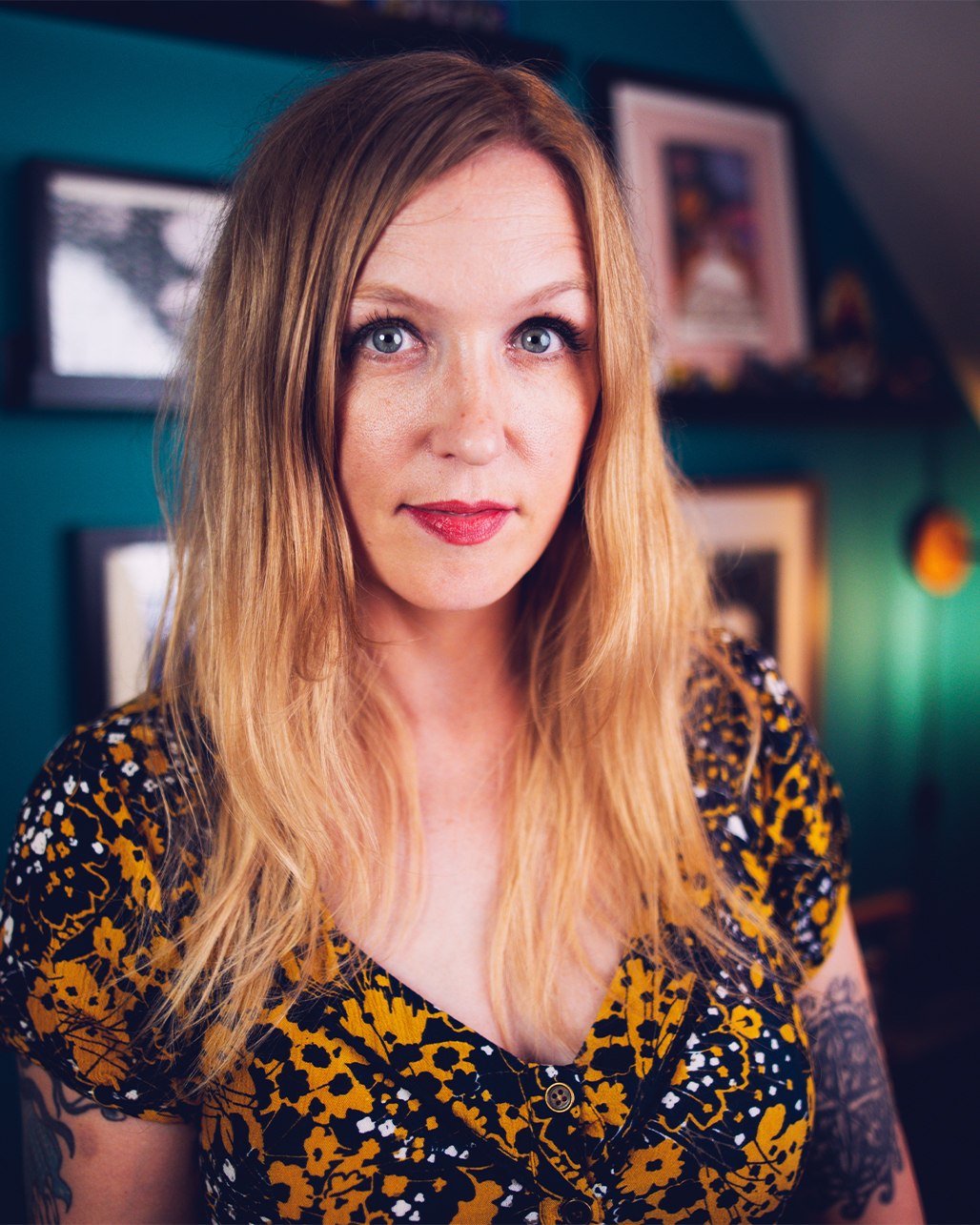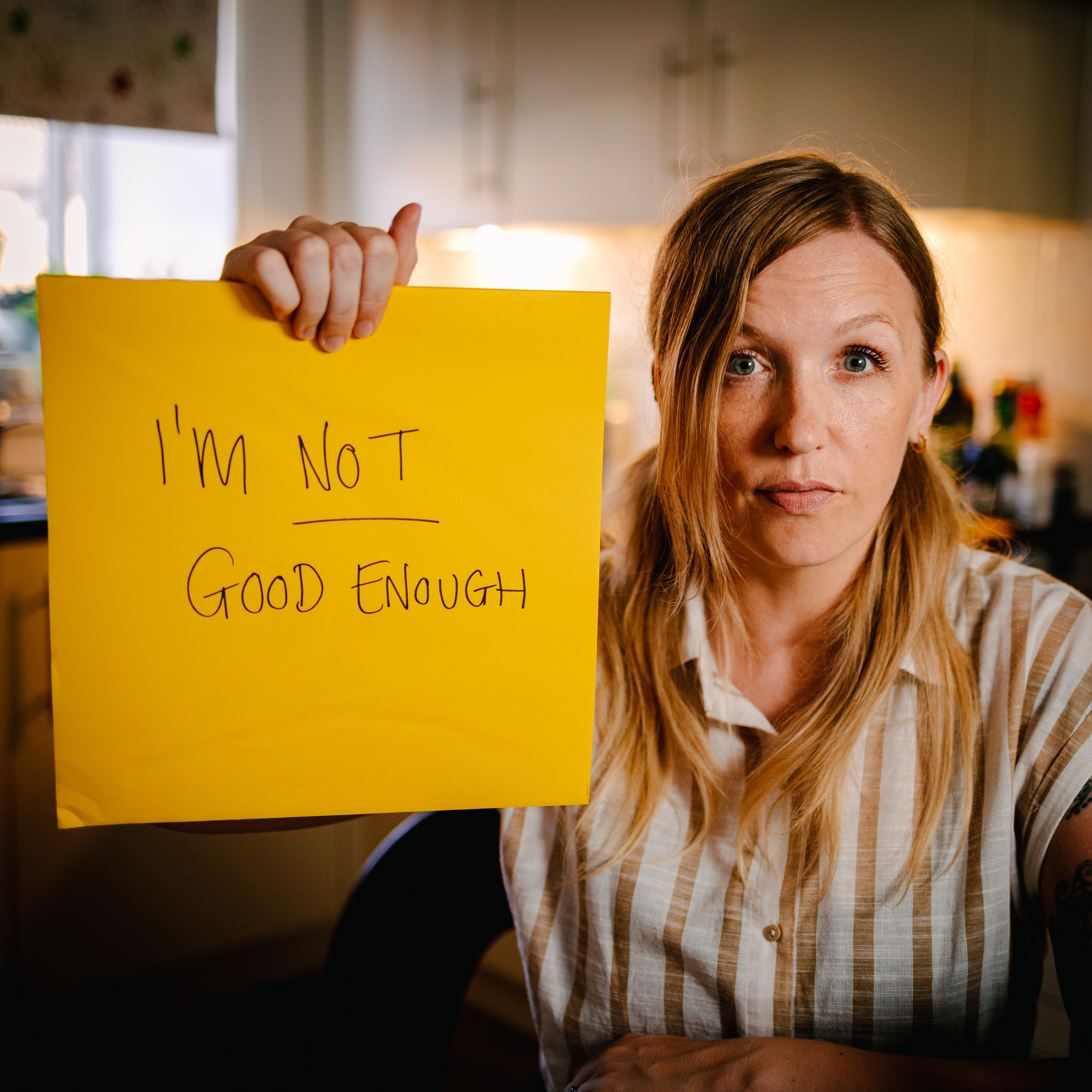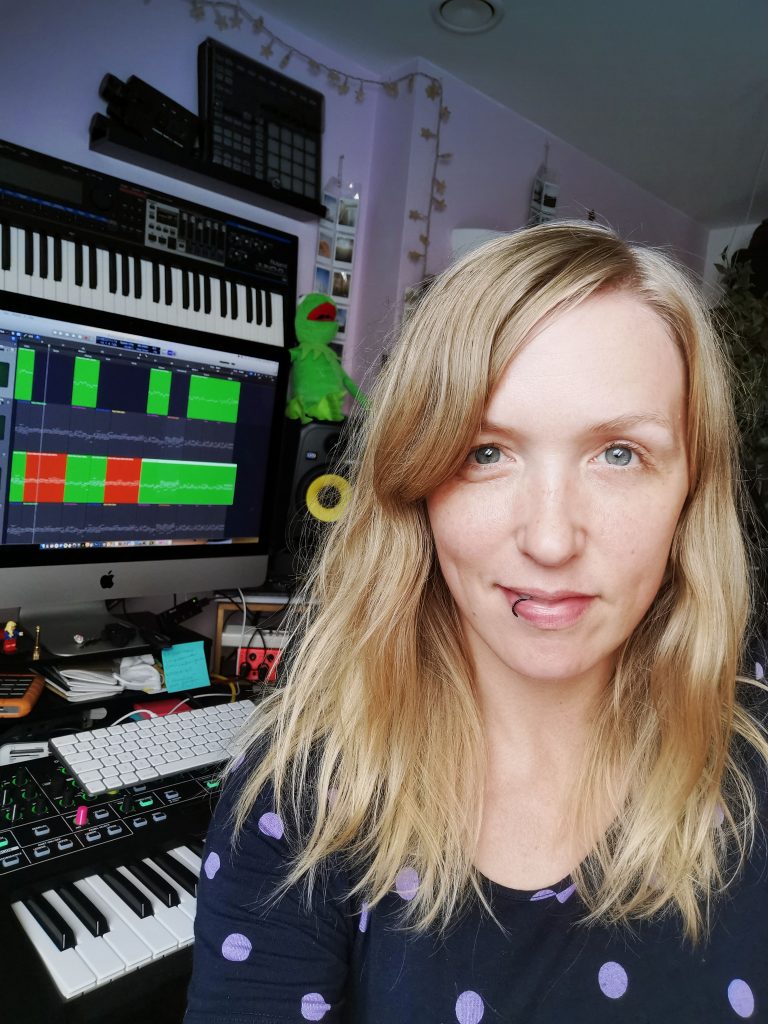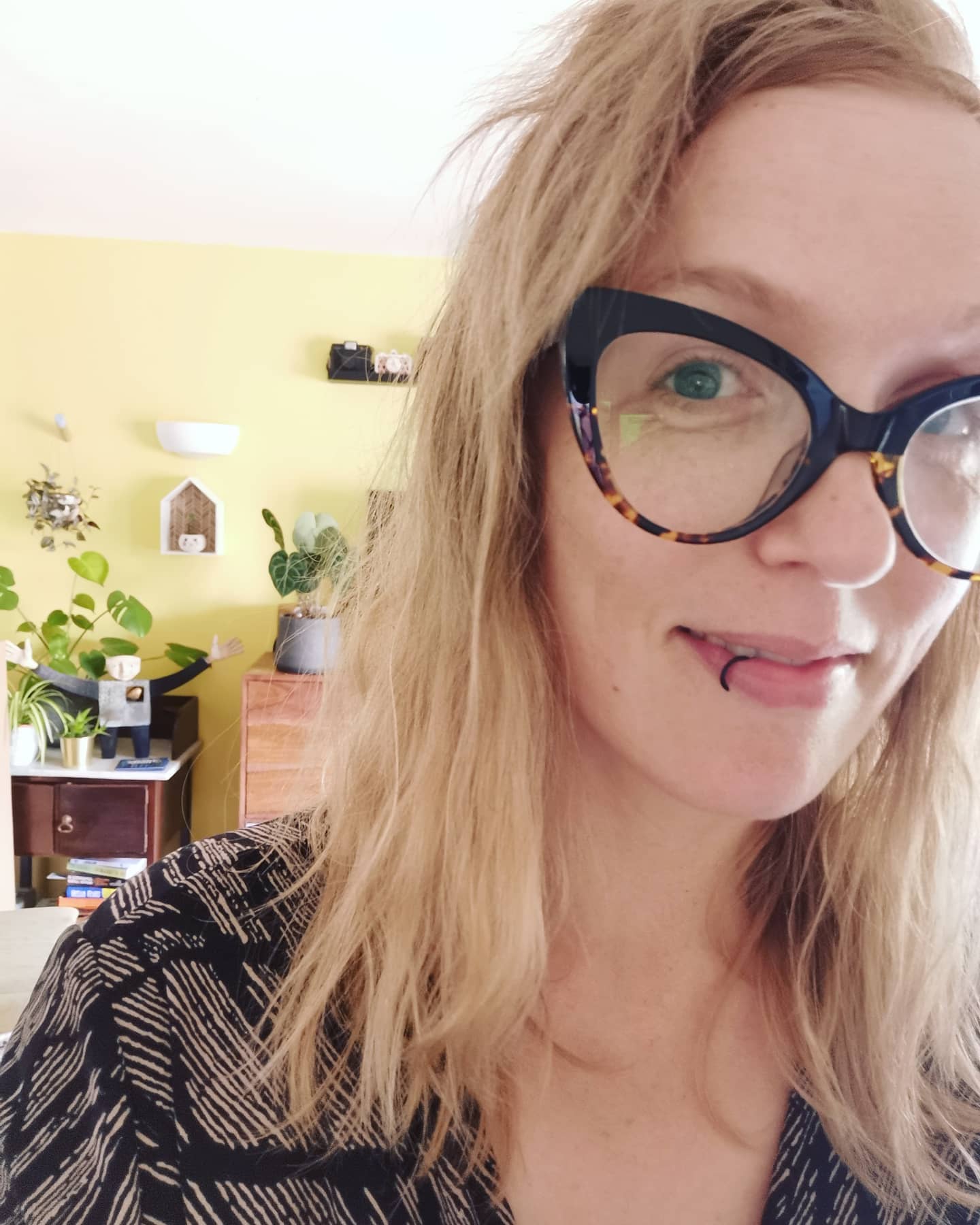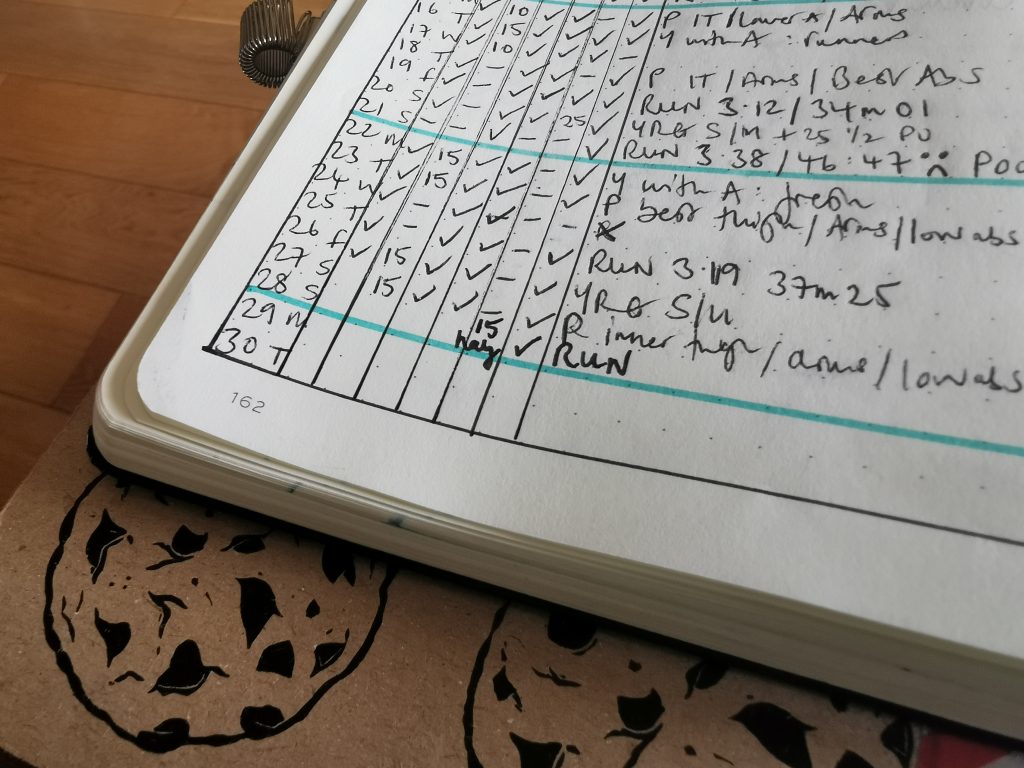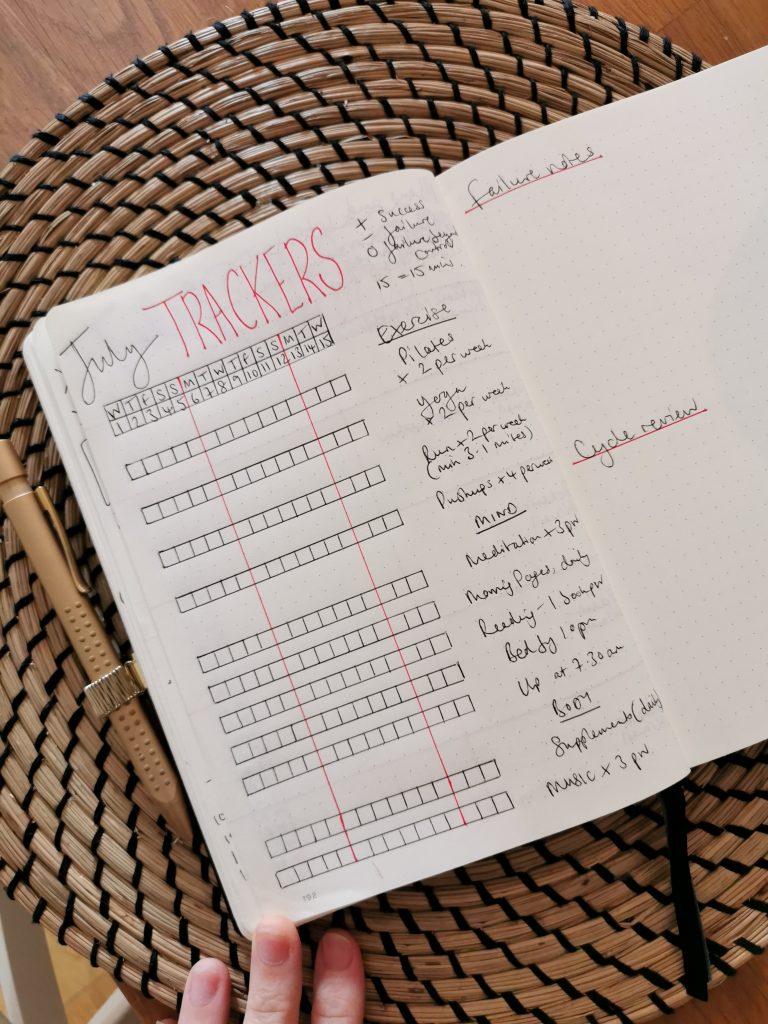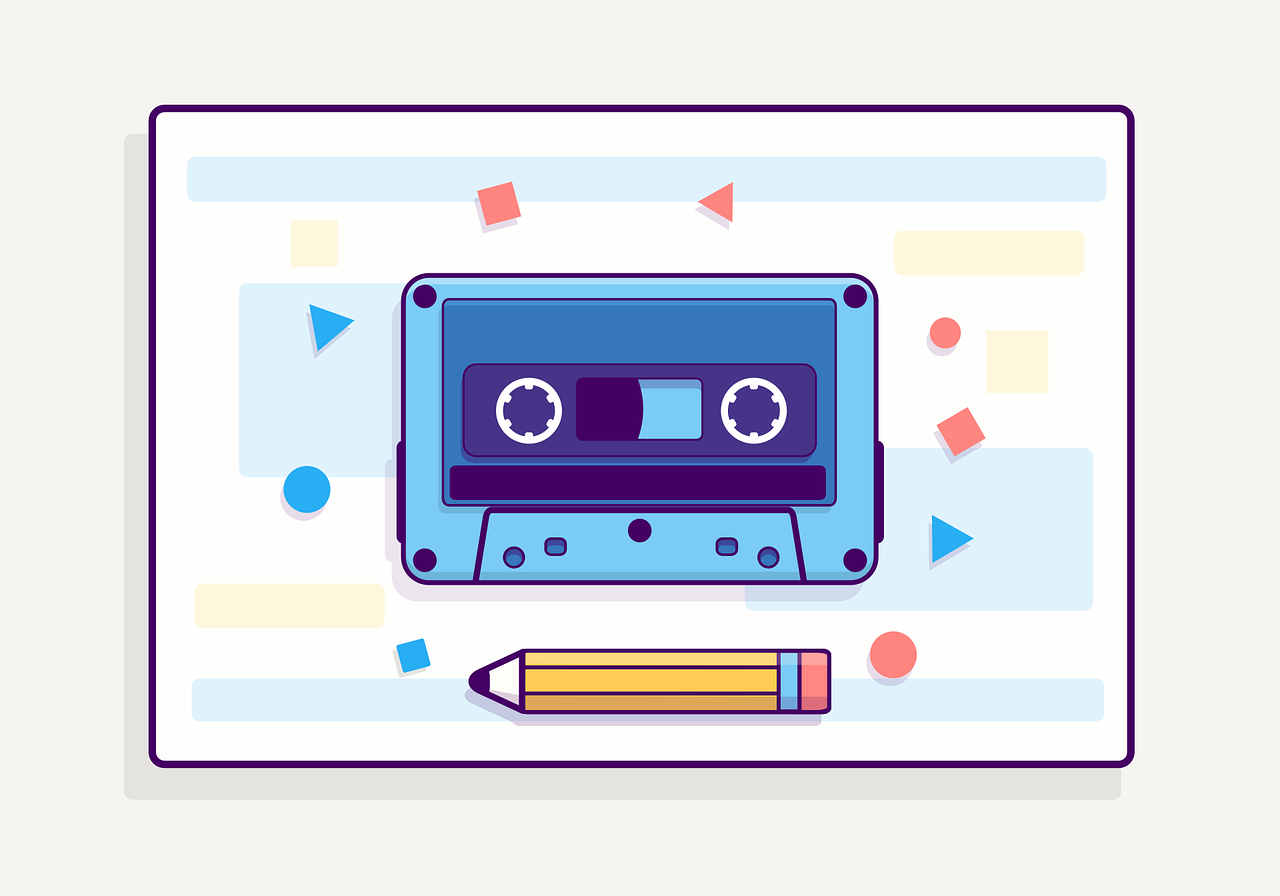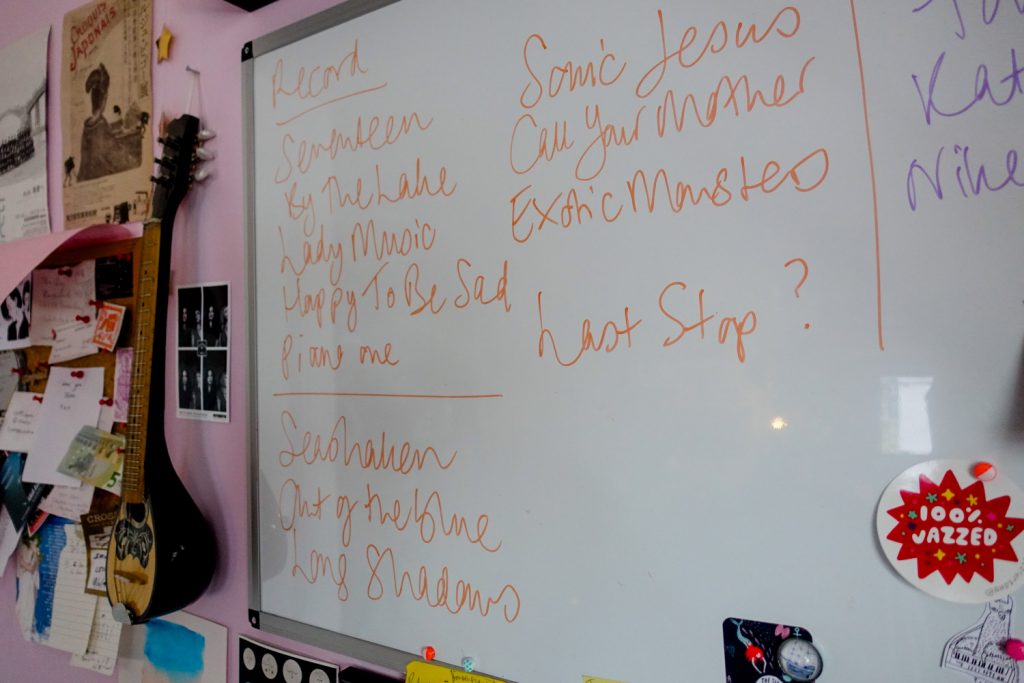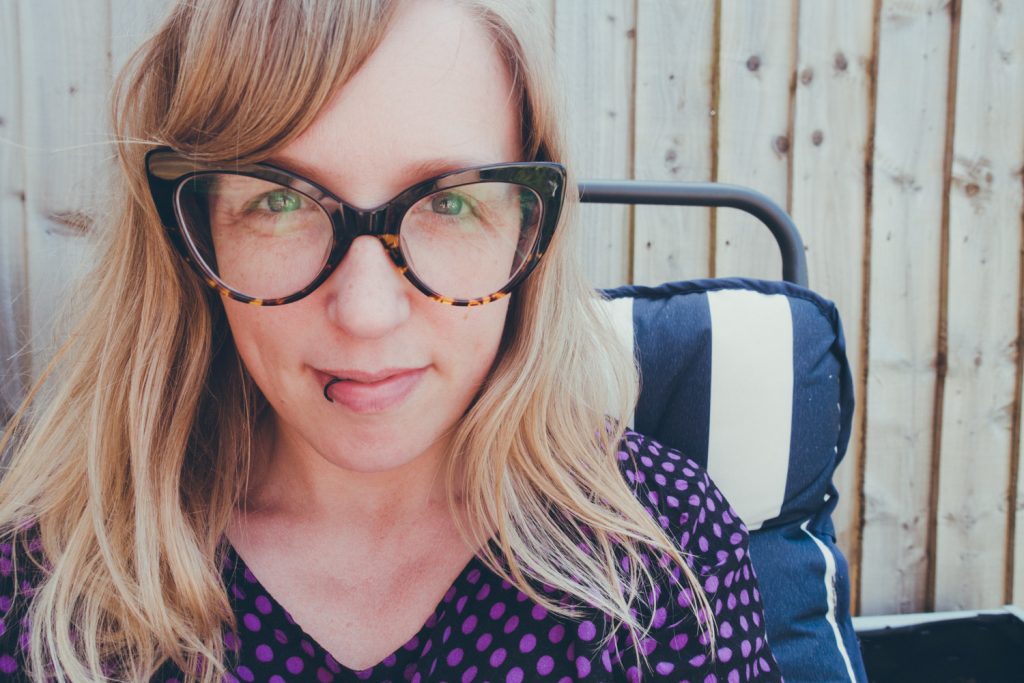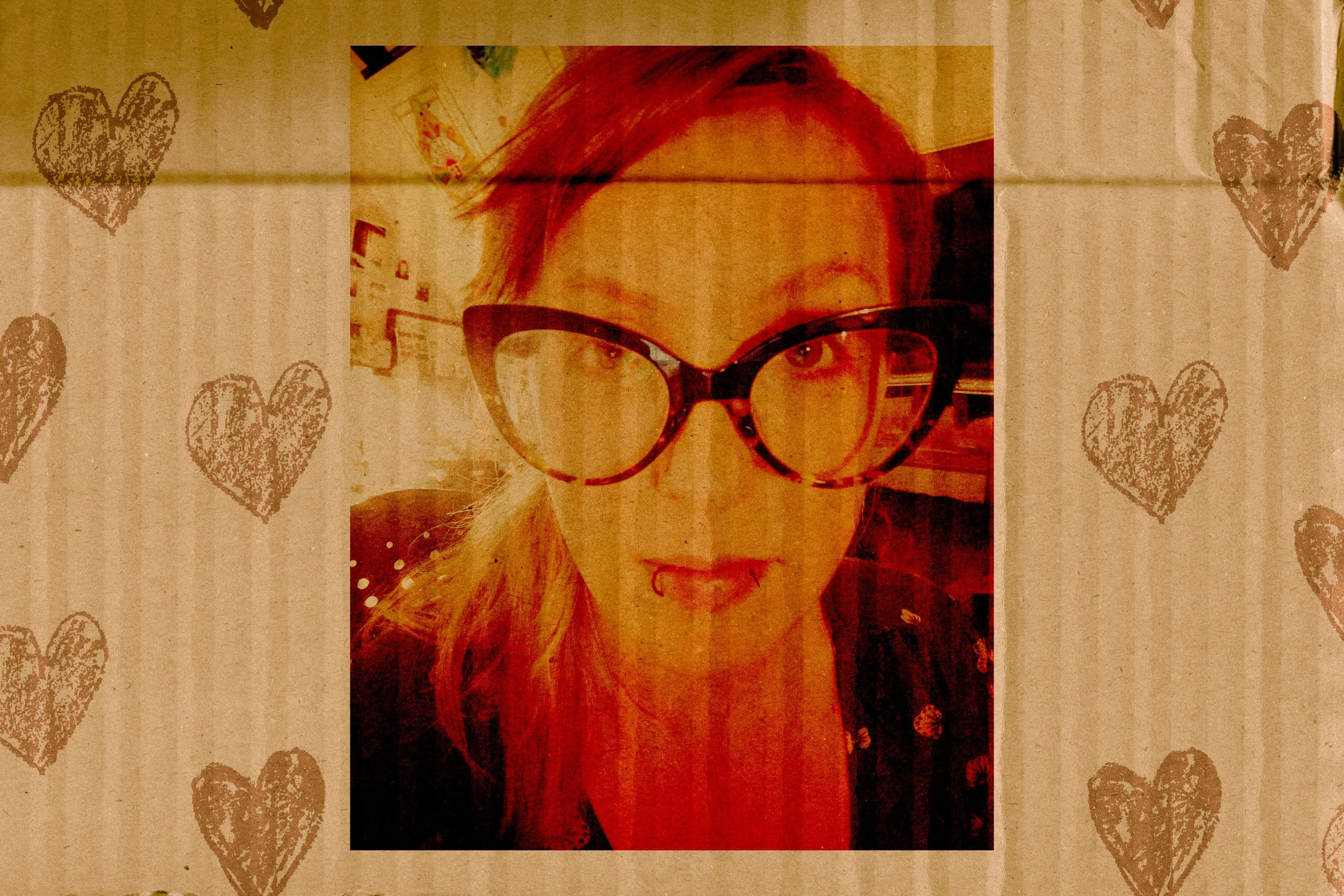I decided to challenge myself to get up at 6am every day for a week – and it changed my life!
Join me for a week in my life as a full-time artist, songwriter and podcast maker as I attempt to carve out my own personal timezone and find more hours in the day for making music, plus care for my elderly Miniature Schnauzer Benji during a tough time.
Scroll down for the video transcript, and subscribe to my channel for more!
THANK YOU for visiting my website! I’m Laura Kidd, a music producer, songwriter and podcaster based in Bristol, UK. It’s great to meet you.
+ Get your copy of my new album “Exotic Monsters” right here.
+ Get two free songs immediately when you sign up for thoughtful letters about art and music.
+ Browse episodes of my music podcast “Attention Engineer” here and subscribe via your favourite podcast platform.
+ You can also follow me around the web, on YouTube, Twitter, Instagram and Facebook.
Have a lovely day xo
I found more time for creativity | Getting up at 6am for a week
TRANSCRIPT
“I’m flagging…I’m flagging now. I’m not sure this would be possible without coffee.”
I first became a morning person in 2008. I blame this guy [photo of my dog Mister Benji looking v. handsome].
Before he scampered into my life, I’d work late every night and get up around 10 or 11 the next day, unless I had to be somewhere for a filming job or a band rehearsal.
Mister Benji helped me learn to appreciate mornings, and I’m very grateful for that.
Over the past few months, I’ve been feeling more than ever like I’m always running out of time. I know I’m not alone here – tell me in the comments will you, what are the things you’d love to spend time on first but always push to the end of your list?
I’m an ambitious person with an insatiable drive to make all sorts of things from music to podcasts to videos and everything in between, and I know I can’t do everything all at once, but I decided drastic action was required to at least try. I wanted to do the time equivalent of looking for money down the back of the sofa. I wanted more hours in the day. Plus, to be honest, I was keen to try anything different after 18 months of the same routine in the same (beautiful) four walls.
There are loads of ways to get more out of your time: reducing distractions, increasing focus by batch working, checking email at specific times only, time block planning your days, using the Pomodoro technique, bullet journalling, eating the frog – you name it, I’ve probably tried it.
What I hadn’t tried before was getting up at 6am.
Getting up early is meant to have huge benefits for your health, stress levels, productivity and success in life.
Ex-Navy Seal, now-author Jocko Willink suggests 4.30am as the best time to get up – he reckons that showing that much self discipline first thing has a major impact on your day, and I don’t doubt it. I was up for it! But, I don’t live alone, and I try to be a considerate person, so forcing my husband Tim to wake up at 4.30 seemed a bit much.
We agreed on 6am instead, which is already at least an hour and a half earlier than usual, two and a half hours on a particularly snoozy day.
To the experiment! Here are the rules: I’ll get up – actually get out of bed – at 6am every day for a whole week. First, I’ll do some exercise, then I’ll head up to my studio. After a breakfast and dog walking break around 9.15-10am, I’ll work til 6 as usual, with a break for lunch of course, then clock off for the evening.
At the end of this video I’ll share my tips on how you can get up earlier and make the most of your day.
DAY ONE
“This is a good idea!
Wow, I’m really hungry. It’s about 7.15am. It’s about 15 minutes before my alarm clock would normally go off, and probably about half an hour to 45 minutes before I’d actually drag myself out of bed. So this is a very good start to the week already. I feel like I’ve given myself the gift of time!
Now it’s time to go upstairs and make some music.”
It felt so freeing to start the day with the thing I love doing the most, the thing my entire creative career is centred around – making music. It’s so easy to get caught up in more straightforward left brain activities like checking email or working through an admin task or, ugh, writing posts for social media to tell people about the music you’re making. I want to make the best use of my time, always, and so it’s always a great day when making music comes first.
Starting first thing is a good way of pushing through the self doubt that’s part and parcel of the creative process, too. I didn’t get a chance to talk myself out of it, basically!
“It’s 2.30, day 1. I feel pretty, pretty tired but coffee number 3 is on the go. It’s been a wildly productive day – I finished a song! But yeah, I am feeling a little bit sleepy now but then I have been up for eight and a half hours. So yeah, that’s to be expected. I think this is a really good development…it’s obviously only day one. We’ll see how it goes…”
DAY TWO
“This must be the earliest I’ve ever thought about going running. That’s not true – I definitely used to go running in the dark in Victoria Park in Bristol before going to work. That was a few years ago. So this is the earliest I’ve thought about going running in eight years.
I feel fine though. I went to bed at 10 or something, so that’s perfectly reasonable. It’s always a bit of a shock to get up anyway.”
If I run, I never regret it. If I don’t, I always do! I started building my running habit from scratch in January 2020 and have pretty much run two or three times a week ever since. Lately I’ve been finding it harder to keep doing it, even though I know it always makes me feel brilliant. But I keep doing it.
Big shoutout to the Running Punks online community, a really welcoming group of people.
It was good to get started earlier than usual because I couldn’t make the excuse that I didn’t have enough time before work.
“It’s just after 8am, and I’m about to start working on music again for the second day in a row. I’ve had my shower, I feel fresh and energised. I don’t feel tired, I don’t feel at all sleepy. I don’t feel distracted, because there hasn’t been any time for anything to get in my head yet. So this is really nice.”
Energised by my run, I spent the whole day working on a song. What a joy.
Whenever I write music, I keep a captain’s log. I clock in and out by writing down the start and finish time of my writing session, I note down what I did and make a list of what needs to be done next at the end. I find it an excellent way of proving to myself that I’ve achieved something, even if nothing’s finished yet, and it leaves me with no doubt about how to get started again the next time. I highly recommend it.
“I mean, I do feel tired… But it’s 11.25, and I’ve spent hours and hours working on a song. I’ve had two coffees today, feeling pretty good. There will be more. But I’m feeling pretty good. I’m going to press on now…”
It seems obvious to me now that I should always, always start my day with something creative. Whether you have 15 minutes spare or 2 hours or anything in between, that’s enough to get going on something you care about, and if you keep coming back and chipping away at it, you’ll be surprised at what you can get done. I give that advice to absolutely anyone else who wants to make stuff – but sometimes I forget to be as nice to myself as I would be to a stranger. That’s something I’m working on…
“It’s about half eight at night, and I am tired. I’m a little bit annoyed because I arranged to do a podcast conversation recording this evening for my show, and I arranged to do at eight o’clock because that is 3pm EST in America, and I knew I was going to have a long day but I thought no, it’s okay because it’ll be good. I really wanted to talk to this person. And I logged on…and they didn’t log on.
And things come up and things change, but it’s a bit rubbish sitting there waiting for half an hour thinking, “Oh, it’s not happening”. And I spent ages prepping – I spend ages prepping for all of my podcast episodes. But prepping involved listening to this person’s really, really brilliant new album and just reading about their interesting life, so that’s okay. So yeah, that’s a shame, but my super productive day was super productive, and that’s what’s important. And now I get to go downstairs and eat chocolate and have a cup of tea and relax before going to bed quite soon.
And we’ll do it all again tomorrow. And Benji is going to be getting his stitches out as well. So that is brilliant.”
DAY THREE
“I’ve been awake for ages!
Wednesday. And Pilates is the thing I’m most likely to skip out on doing in the week of exercise, even though – and maybe because, hmmm – because it’s the thing that I am almost certain is the thing that does the most for me.
Can’t speak, it’s early and I’m tired.
Shout out to Cassey Ho on YouTube for being my Pilates guru. It’s tough, but she’s brilliant.
Just a quick pause to appreciate this attitude [Benji is curled up, asleep].
I’m so happy. It’s only 7.14 am and I’ve just done 36 minutes of Pilates. I feel fresh and wide awake and energised. And now I’ve got two full hours until Tim and I have agreed to meet for breakfast. So I just feel like I can get so much done. So, what’s next?
I’m recording a podcast conversation this afternoon with Rou Reynolds from Enter Shikari. So I’m just going to put the finishing touches to my prep now and there should be enough time before breakfast to make a bit of music.
My neighbours are going to work, and so am I.”
This is where it all started to go a bit wrong. I love past Laura for her optimism, but there wasn’t enough time to make music before breakfast as well as getting ready for my podcast recording, obviously. Instead of choosing to make music in my extra time before the work day started I just…started work early. I wish I hadn’t. I’m still wondering what song I might have written on day 3, if I’d just given myself the chance.
After breakfast we took Benji to the vet’s to get his stitches out. He had a splenectomy eight days before this – they removed his entire spleen because it had a tumour growing inside. It was really scary, especially because he’s 13 and a half, but he bounced right back from the operation, started putting weight back on and generally being his former bouncy self, so we were really happy.
He was very brave when they took the stitches out, and only yelped once. Good boy!
“It’s nearly the end of the day on Wednesday, and I’m not gonna lie, I’m flagging. I’m flagging now. At lunchtime, I was thinking about how nice it would be to just stop. Of course I feel tired, I’ve been up since six. It’s time to finish work soon and relax and have an early night and start again tomorrow.”
DAY FOUR
“I feel okay. This is a good idea!
Day four. Thursday 6.24am. I just wanted to say something: I understand that many people every day get up at 6am. So it’s not that I think this is a really extreme challenge. For me, this is just about having extra time at the beginning of a work day.
Anyway, I’m slightly stalling, which is what I often do when I’m supposed to be going for a run. So I’m gonna go do that now…
[returns]
Did it!”
I’m really kicking myself looking back on this, because this was the second day in a row that I just started my usual work early. I hadn’t realised yet that there was a better way. But hey, that’s what an experiment is for! And because being creative always gives me a buzz, I might not have been feeling like this:
“Seriously flagging now. It feels like I’m in a different time zone because it’s sunny when it should be getting dark or something, even though it’s summer and it doesn’t get dark till like half eight. Just feels weird. I felt really weird yesterday as well. I think I’m focused on work, I think I’m getting things done. I’m gonna keep trying to get things done. The things that I do don’t happen super quickly anyway, they’re not finished quickly. So the day is still happening. I’ve got a couple more hours before I stop and…feeling a bit funny.
But we talked this morning at breakfast about whether this is going to be an ongoing thing because it seems like maybe shunting the day forward as we’ve done for the past few days, just doing it for a week might be more confusing than doing it for a few weeks. I wonder if it’s gonna take a little while for this to feel normal. Because ongoing, this could be normal. There’s no reason why we couldn’t get up at six and have our nice quiet mornings, and then finish on time and then go to bed at a reasonable time so that it doesn’t feel like this.”
DAY FIVE
By the end of the week it had dawned on me that I wasn’t making the best use of my extra hours, so I went out first thing. Tim had surprised me by joining in on the challenge every day, and so together we took our younger dog Alby to the park before 7am. She was a bit surprised, but I think she liked it. It was magical up there at that time of the morning, and although we only saw a few other humans in the woods we weren’t completely alone… [there was a cat in the bushes!]
Getting up at 6am every day was a simple challenge, but there was something strangely thrilling about it. It felt so good to try something new.
I used to think of myself as a roving musical adventurer – up until the end of 2019 I was away for a decent chunk of every year playing shows and doing all sorts of freelance work. I always had a bag half packed. And then…none of that.
I’ve done my best over the past eighteen months, I think we all have, but time just hasn’t held the same sort of possibilities as it used to, so this challenge was a revelation. Opening up the possibility of making something brand new every morning in my studio, or simply getting out into nature and soaking in all this beauty – what a gift. I felt like I’d shaken myself out of a very long, deep, sleep.
Unfortunately, we don’t all get extra time. On Friday lunchtime we got the worst news – while Benji’s operation had been a great success, and he had recovered brilliantly, the story didn’t end there. Our vet called to let me know that Benji has hemangiosarcoma, a mysterious, aggressive and incurable form of cancer. I had been so excited to have my best friend back home and looking healthy again that I’d decided not to worry about the test results that we knew were on the way, and I don’t regret that – worrying is not preparation, after all – but this news was a shock, and I just got through the afternoon as best I could.
DAY SIX
Day Six was a Saturday, and I decided 7am was a nice lie in treat for a weekend, giving me a little bit more sleep but not putting me back to square one. I try not to work every single day, but writing music doesn’t feel like work, and sometimes it’s good to keep pushing ahead with a creative idea while it feels fresh, so I put a few studio hours in and managed to make really good progress on another song before switching everything off for family time in the afternoon.
Rest is so important, and I am NOT great at it. I work really hard, but I do try to balance mindful goal setting and being productive with taking time off to recharge and spend time with the ones I love the most. It’s a work in progress but I am trying – especially now.
DAY SEVEN
“It’s Sunday 6:41am and I’ve just done a pre-running Yoga with Adriene sequence. And I have eaten my protein balls and I am just about to get ready to go running. I snuck out of bed this morning without the alarm going off. I keep waking up maybe an hour before, but dozing again. Then because I have an alarm clock with a light, I was able to just turn it off before the birdsong started this morning so as not to disturb Tim, and I snuck downstairs to do my yoga.
Getting up at 6am isn’t just to do work. I’m not a joyless person who is going to work all weekend. But even in the short time I’ve been experimenting with it, I’ve really enjoyed the quiet extra time in the mornings and being able to start work on music really, really early. And that feels like a real achievement.
Look at this guy, though [Benji is snoozing!]
The dogs are not joining in with this experiment, they’re not willing to start the day early. And that’s fine!“
[goes running, returns]
[Alby barks]
[laughs] “My friends have come to say hello. Hey Alby!
It’s 9.15 now and no, I haven’t been out for that long. I have a problem, which is a problem you might have as well. This stupid thing. [holds up mobile phone]
“I got stuck to it, and I feel really annoyed because the point of getting up at 6am is not to give myself more time to scroll on my effing phone. So I’ve actually finally again put Freedom on my phone. And this is software that will block me from going on distracting websites, apps, whatever I choose not to go on. So I’ve chosen not to go on anything for the next 23 hours.
And of course after scrolling on this for about an hour this morning, I didn’t really want to go for a run so it was really hard to get out, whereas if I had just kept my forward motion going, then I would have been fine. But as it was I went anyway, and I did four miles which means I think I’ve done about nine in total this week, so I’m really happy with that actually.”
CHALLENGE COMPLETE!
Getting up at 6am for a week changed my life.
It’s 11 days now since I completed my challenge, and I’ve got up at 6am every day since, apart from one day when I got up at 7. I don’t see any reason why I would stop now. I love the early morning quiet, I love not having any excuses not to exercise and I love having creative playtime available first thing in the day.
I do need to work on getting to bed a bit earlier, not using feeling sleepy as an excuse to eat biscuits all the time and clocking off at 6pm sharp, but I’m only human, you know?
If you’re interested in getting up earlier too, I have some tips for you:
1. Don’t snooze
I’ve done this a couple of times, and felt really annoyed with myself. If I’m going to get up at 6, I should set the alarm for 6. If I’m going to get up at 6.30, I should set the alarm for 6.30. When the alarm goes off, turn on a light, sit up and drink some water. It makes it a lot easier to do the next bit – getting out of bed! After that, you’re rolling.
2. Don’t touch your phone til later in the day
No-one needs extra scrolling time, and you probably got up early to do more useful things than that, so just get on with those first.
3. Go to bed earlier
I didn’t do that, and that was really silly. I turned my light out at 11pm most nights, which was just about ok, but I think if I’d gone to sleep at 10 or even 10.30 I would have felt a drastic difference. Hmm, I really should start doing that now!
4. Plan your meals
I didn’t even consider this. I didn’t think I’d be so hungry earlier in the day, but of course the enzymes in our stomachs start doing their thing whatever time we get up, so a healthy pre-breakfast snack at least would have been very helpful. We weren’t strict about lunchtimes or dinnertimes either, so days when we didn’t get round to eating til late were unpleasant.
So yeah, think about when you’re going to eat, and what you’re going to eat, so you can keep your energy up throughout the day.
5. Do it gradually
If getting up at 6am, or 5am, or 4.30am seems a bit drastic right now, you can get there incrementally – just set your alarm for 15 minutes earlier, or 30 minutes earlier, try that for a few days, and then keep going bit by bit until you reach your desired getting up time.
Please make sure you’re taking care of yourself though, and getting enough sleep for your body and your brain.
Tell me, what time do you get up at the moment, and does it give you enough time to do everything you want? Are you thinking about getting up earlier after watching this video? Let me know in the comments, I’d really love to hear from you.
Thanks for watching! I’ve put links in the description box for my excellent alarm clock, the yoga, meditation and Pilates channels I swear by, the filming gear I use and some special offers, so do check those out.
Make sure you subscribe for future videos on creativity, mindful productivity and digital minimalism, have a poke about on my channel for more videos and visit my website to get two free songs and thoughtful letters about art and music.
It’s time for another coffee – bye for now!

